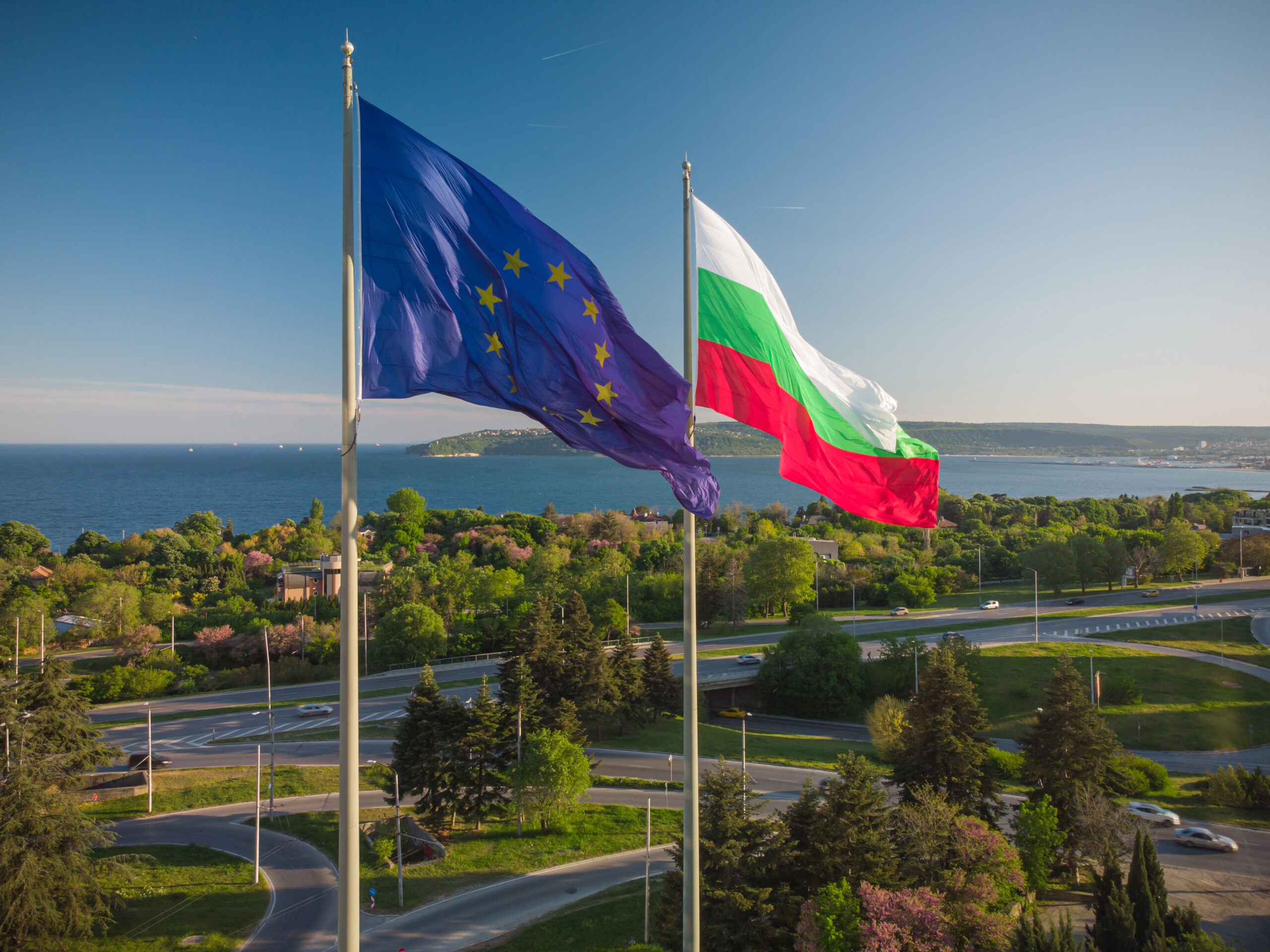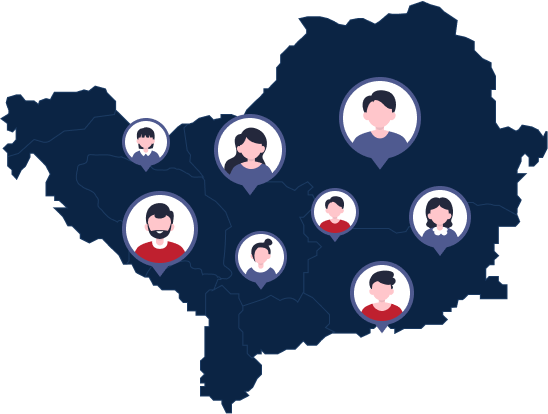Often regarded as an alluring tourist haven for many Europeans, the Balkans region also harbours a hidden IT treasure primed for global recognition.
Once akin to the Silicon Valley of the Eastern Bloc, this area has upheld its technological expertise and enriched its heritage through the presence of prominent companies like SAP, VMware, HP, and Microsoft, each maintaining vital international operations within local offices.
Fuelled by a remarkable mathematical and IT education system, notable parallels to Nordic culture, and well-established computer engineering practices spanning decades, the Balkans emerge as the premier destination for discovering some of the most exceptional software developers worldwide.

The Balkans have a vast IT talent pool with over 320,000 full-time employees, in Bulgaria and Romania only, and that number is growing fast with thousands of graduates each year.
Globally, Balkan experts are often considered top-performing software developers with excellent knowledge and expertise in Java, .NET, Python, Node.js, and PHP among many others. In terms of language fluency, in the 2022 EF English Proficiency Index report, most Balkan countries fell into the “high proficiency” category making the region a welcoming place for nearshoring affairs.
Furthermore, the Balkans have a long history of pioneering female employment in the ICT industry. According to Eurostat data for 2022, women made up 28.9% of the sector in Bulgaria, outnumbering all other EU member states.



The Balkans as a region have a long history in building and maintaining a highly competitive schooling system traditionally with a strong focus on math education very early on.
In addition to the solid foreign language preparation, as well as over 100 universities in the area offering majors in ICT, computer science, and engineering, the Balkans is a perfect IT hub. For those looking to retrain or expand their proficiency, numerous IT training academies offer remote learning and allow for quickly matching the sector’s immediate needs.

Having a strategic location between Europe and Asia, the Balkans have traditionally had business connections to both the East and the West. The peninsula’s strategic location opens the doors to easy traveling to most major European cities. The time difference is virtually insignificant, allowing for real-time communication and collaboration, with no time-zone-related delays.



When it comes to attitude, work ethics, and processes, the Balkans bear a strong resemblance to the Nordics. For example, the open and semi-formal communication style found in both the Nordics and generally in all of the Balkans means that businesses are able to adapt to changes fast.
This opens many possibilities for long-term collaboration between Balkan IT talent and Nordic companies, as it enables any business to smoothly integrate a Balkan developer team into its structure, covering all cultural requirements.

The Balkan IT talent is geographically distributed between several IT hubs — Sofia, Plovdiv, Bucharest, Cluj-Napoca, Belgrade, Novi Sad, Skopje, Tirana, and many more. Currently, the big capital cities of Sofia, Bucharest, and Belgrade host the majority of tech companies, start-ups, and employees due to their economic leadership and institutional aggregation in the last decades. However, cities such as Cluj-Napoca, Plovdiv and Novi Sad are quickly catching up and have their share of local talent, IT education, and technology businesses that already operate courageously in the global market.



As an EU member state, Bulgaria’s and Romania’s legal systems are synchronized with European laws, which eases dramatically any legal compliance. Moreover, being in the European Union gives the countries economic stability and has accelerated their growth. Bulgaria’s real GDP jumped from 44.4 billion USD in 2007 to 89 billion USD in 2022, while Romania’s went from 170 billion USD (2007) to 301.3 billion USD (2022).
Additionally, both Bulgaria and Romania have a long-running reputation of nearshoring and outsourcing excellence, ranking 25th and 30th respectively in the 2023 A.T Kearney Global Services Location Index.
We bridge the gap by making nearshoring personal, efficient, and easy.
We help startups, medium, and large enterprises find outstanding IT talent.
We believe the only way to find the right solution is to do it personally.
100+ delivered projects and 50+ trained teams in the last 25 years both as client and vendor.
Start your journey
Join our client network of industry leaders, who find their best fit with East
Access Feast Data Hub